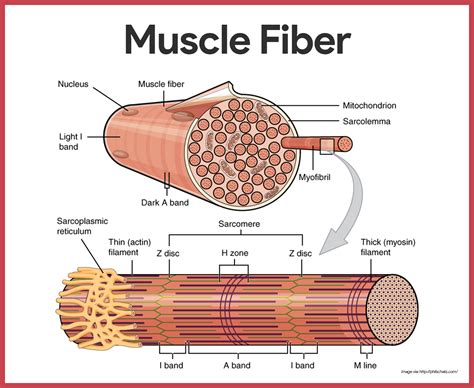Optimal protein for male muscle growth & fast recovery?

The Foundation of Muscle: Why Protein Matters for Men
For men dedicated to building muscle and recovering swiftly from strenuous workouts, protein isn’t just a nutrient; it’s the cornerstone of progress. Adequate protein intake provides the essential amino acids necessary for muscle protein synthesis (MPS), repair, and adaptation. Without a strategic approach to protein consumption, gains can plateau, and recovery can be prolonged, hindering overall performance and physique development.
Understanding the ‘what,’ ‘how much,’ and ‘when’ of protein intake is paramount. This article delves into the optimal protein sources, intake levels, and timing strategies specifically tailored for male muscle growth and accelerated recovery.

Key Protein Types for Maximizing Muscle Growth
Not all proteins are created equal when it comes to muscle building and recovery. Different protein sources offer varying amino acid profiles and digestion rates, impacting their effectiveness.
- Whey Protein: Renowned for its rapid digestion and high biological value, whey protein is rich in branched-chain amino acids (BCAAs), especially leucine, which is a powerful trigger for MPS. It’s ideal for post-workout consumption to quickly initiate repair processes.
- Casein Protein: In contrast to whey, casein digests slowly, providing a sustained release of amino acids into the bloodstream. This makes it excellent for preventing muscle breakdown (catabolism) during long periods without food, such as overnight or between meals.
- Complete Plant-Based Proteins: For those following a plant-based diet, soy protein, pea protein, and a blend of rice and pea protein can provide a complete amino acid profile. While their leucine content might be slightly lower than whey, they can effectively support muscle growth when consumed in sufficient quantities.
- Whole Food Sources: Chicken breast, lean beef, fish, eggs, and dairy products like Greek yogurt and cottage cheese are outstanding whole food protein sources. They offer a comprehensive array of nutrients beyond just protein, supporting overall health and performance.

Optimal Protein Intake and Timing Strategies
Determining the right amount of protein is crucial. General recommendations for men actively pursuing muscle growth range from 1.6 to 2.2 grams of protein per kilogram of body weight per day (0.7 to 1 gram per pound). Higher intakes might be beneficial during caloric deficits to preserve lean muscle mass.
Strategic Timing:
- Post-Workout: The ‘anabolic window’ concept suggests consuming 20-40 grams of fast-digesting protein (like whey) within 30-60 minutes after training to kickstart muscle repair.
- Pre-Sleep: A serving of slow-digesting protein (like casein or cottage cheese) before bed can provide a steady supply of amino acids throughout the night, aiding recovery and minimizing overnight muscle breakdown.
- Even Distribution: Spreading protein intake across 4-6 meals or snacks throughout the day, with 20-40 grams per serving, appears to be more effective for maximizing MPS than consuming protein in just one or two large doses.

The Role of Essential Amino Acids (EAAs)
While all amino acids are vital, the nine Essential Amino Acids (EAAs) cannot be synthesized by the body and must be obtained through diet. Among these, the Branched-Chain Amino Acids (BCAAs) — leucine, isoleucine, and valine — play a particularly significant role in muscle protein synthesis. Leucine, in particular, acts as a primary signaling molecule for initiating the muscle-building process.
Ensuring your protein sources are rich in EAAs, especially leucine, is key. This is where complete proteins (animal sources or well-combined plant sources) shine. Supplements like EAA blends can also be beneficial, especially around workouts, though most individuals can meet their needs through a well-planned diet.

Integrating Protein for Sustained Recovery and Growth
Ultimately, optimal protein intake for male muscle growth and fast recovery is about consistency and quality. Prioritizing whole, unprocessed food sources for the majority of your protein needs, and strategically using supplements like whey or casein when convenience or specific timing dictates, will yield the best results.
Remember that protein works in conjunction with other macronutrients. Adequate carbohydrate intake is essential to replenish glycogen stores for energy and spare protein from being used as fuel. Healthy fats support hormone production and overall health, which are indirectly crucial for muscle growth and recovery. By adopting a holistic nutritional approach centered around optimal protein, men can significantly enhance their muscle-building potential and reduce recovery times, propelling them toward their fitness goals.









